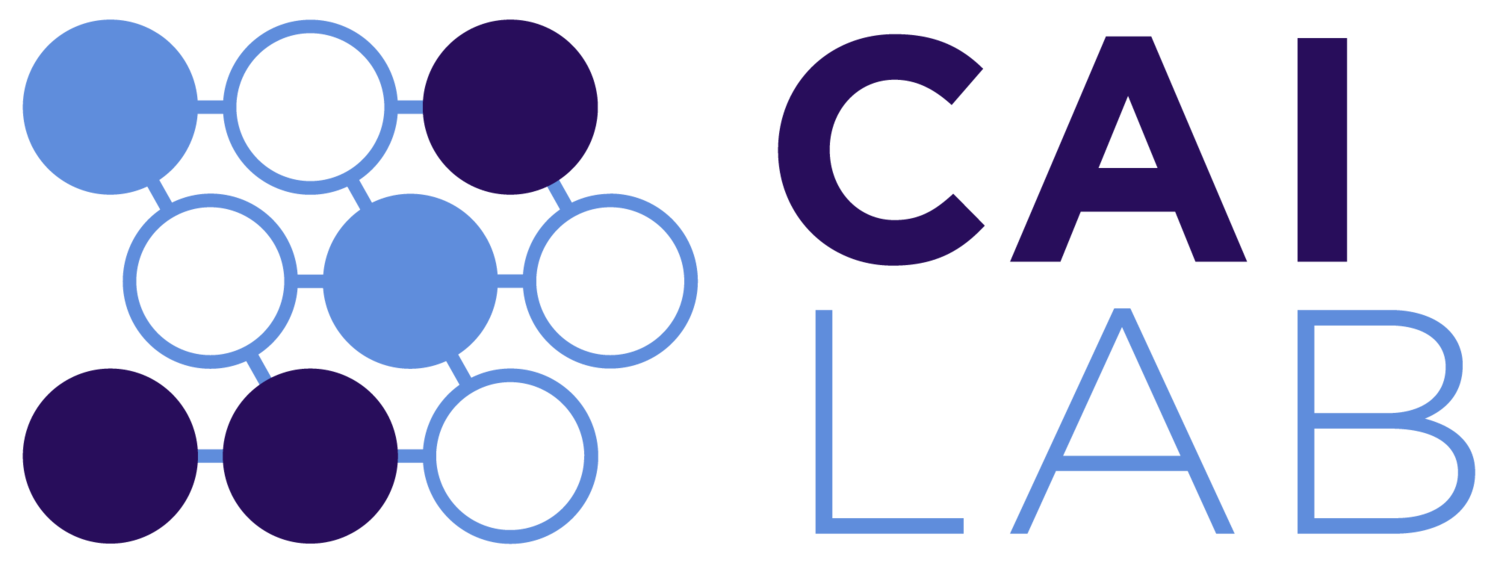Tools & Resources
Powerful new technologies allow us to probe questions about how memories change across time and experience in exciting ways. Our lab is dedicated to building and sharing novel techniques and tools, and leveraging the innovative tools designed by other groups to investigate the dynamic nature of memory.
Tools we use:
-

Calcium imaging
-

Optogenetics
-

Chemogenetics
-

Electrophysiology
-

Specific behavioral assays
-

Computational modeling
Access our Miniscope Workshop Videos & Tutorial
Open-source tools we develop:
Miniscope: Miniature head-mounted microscope for in vivo calcium imaging
Dr. Cai is the co-developer of UCLA Miniscope, a miniature fluorescence microscope based on a design pioneered by Dr. Mark Schnitzer’s lab at Stanford. Miniscope is a series of inexpensive, open-source head-mounted microscopes that use wide-field fluorescence imaging to record neural activity in awake, freely moving mice. With collaborators at UCLA and here at Mount Sinai, the Cai Lab continues to evolve the Miniscope system. We have built a wire-free version that enables us to track hundreds-to-thousands of neurons across days to weeks to months and longer in a freely behaving animal. The Miniscope wiki site provides a centralized location for sharing of design files, parts lists, source code, tutorials, and a way to connect with other Miniscope users. One of the most exciting parts of the Miniscope Project is meeting neuroscientists from around the world at our Miniscope hands-on workshops where participants build their own Miniscope, learn surgery methods, and are introduced to the analysis software. Hundreds of labs worldwide are using and building on this powerful technology.
If you are interested in using UCLA Miniscopes in your lab, the Cai Lab offers training sessions for both the single-channel and 2-channel Miniscopes. Please fill out the Training Request Form to join our waitlist.
Minian: Analysis pipeline with interactive visualization tools for Miniscope recordings
Miniscope has gained a lot of traction for in vivo calcium imaging in freely behaving animals. However, extracting calcium signals from raw videos is a computationally complex problem and remains a bottleneck for many researchers utilizing single photon in vivo calcium imaging. There is a need for a user-friendly tool that offers informative visualization of how altering parameters affects the output of the data. Our open-source analysis pipeline, Minian, facilitates transparency and accessibility of the underlying algorithm of the pipeline. Minian contains interactive visualization tools for every analysis step, as well as detailed documentation and tips on parameter tuning. The visualization tool guides users to explore and select the appropriate parameters, which is especially helpful in analyzing different cell-types and brain regions. Minian has been validated to reliably and robustly extract calcium events across different cell types and brain regions.
ezTrack: Video analysis pipeline for the investigation of animal behavior
Tracking small animal behavior by video is one of the most common tasks in neuroscience and psychology. Commercial software to accomplish this task, however, is expensive and often inflexible and free software often relies on complex algorithms. To overcome these hurdles, we developed a simple, free, open-source video analysis pipeline. ezTrack can be used for automated tracking of the position and speed of animals as well as their freezing behavior (for fear conditioning experiments). It is accessible to researchers who have no programming background, provides numerous easy-to-follow visualizations, accepts a large number of video file formats, produces tabular data in accessible file formats, and is entirely platform independent. ezTrack is freely available on Github with a published protocol. It was independently validated to produce results comparable to those from commercial software.
Github



